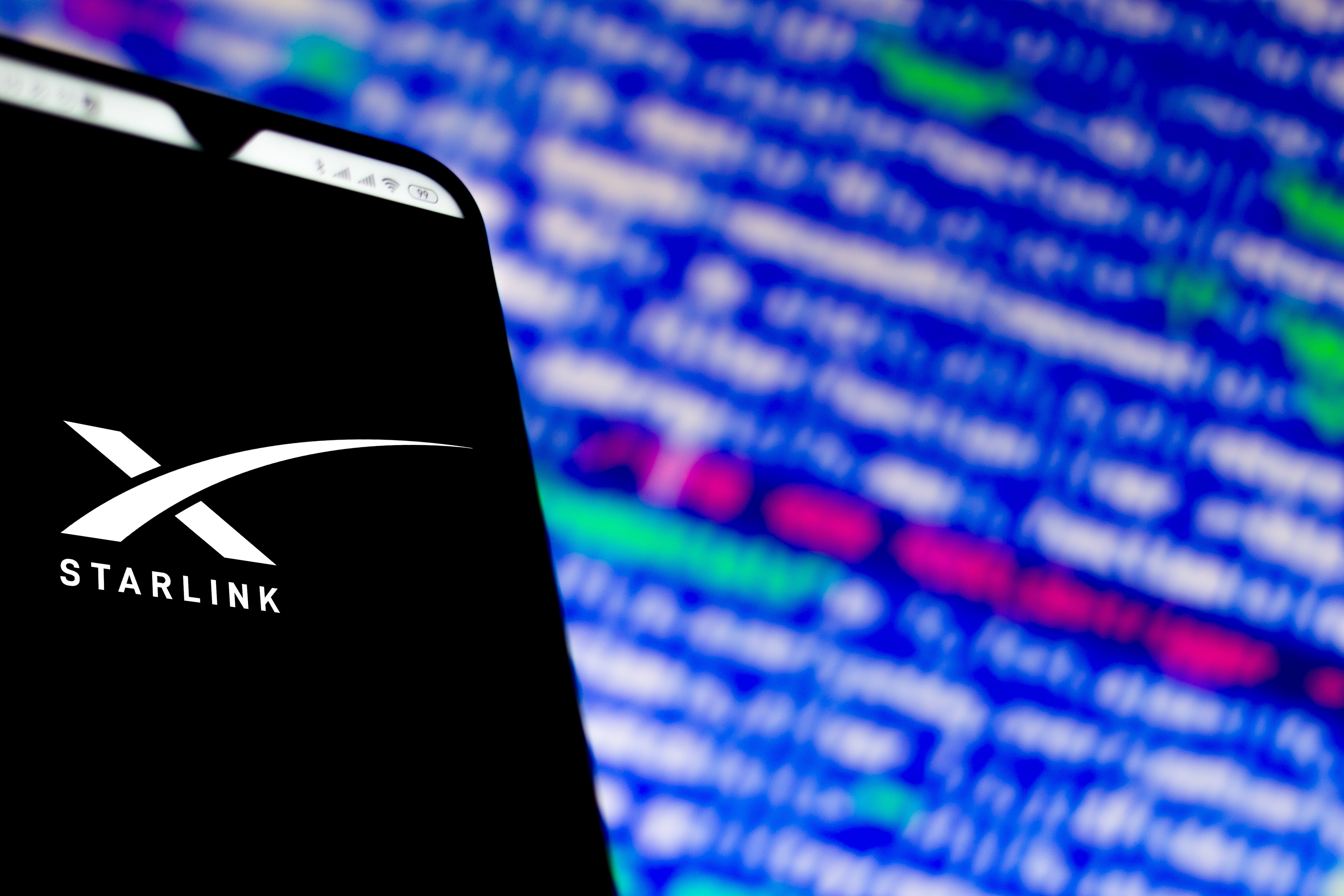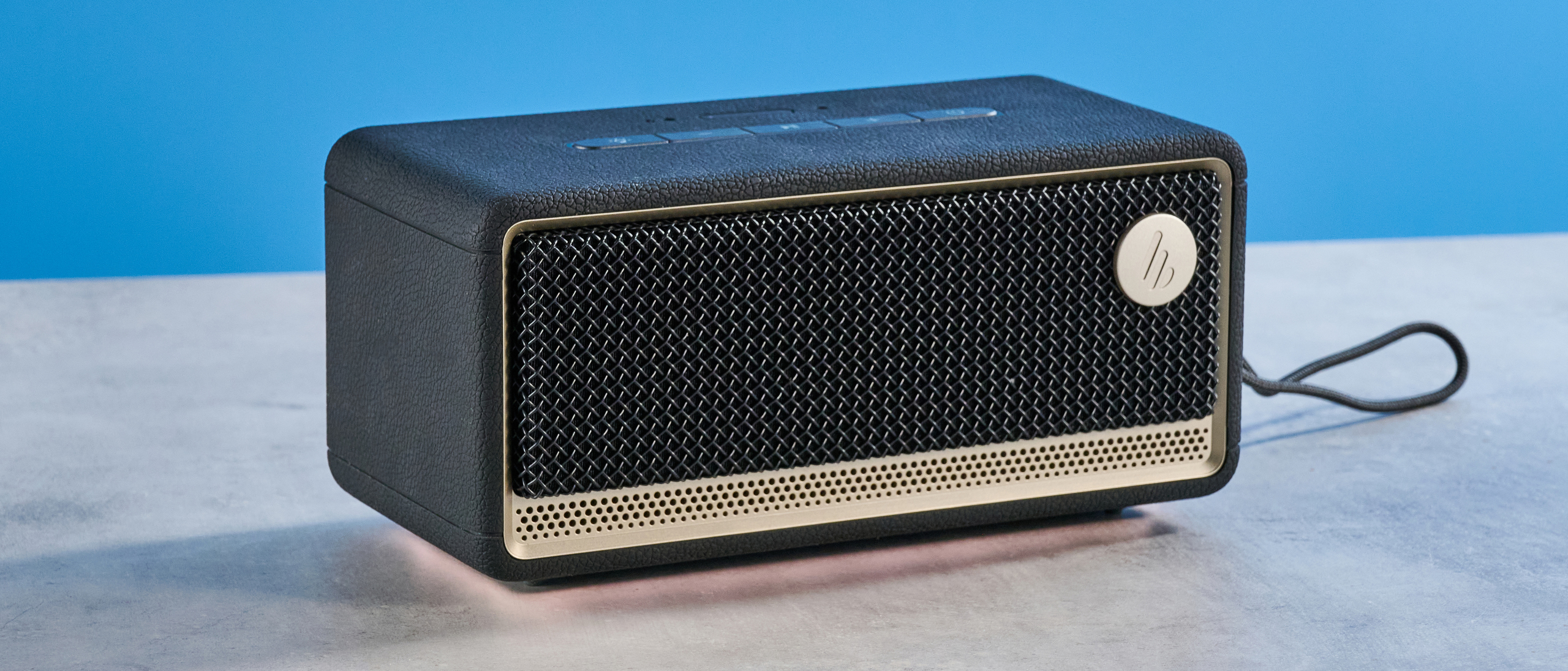
SpaceX and Tesla CEO Elon Musk is promising big things for his Starlink satellite internet service. While Starlink is just getting started, Musk tweeted that he expects the service's speeds to double later this year, going from 150 to 300Mbps.
Not only will speeds increase, but Musk claimed that latency — the time it takes for a signal to travel from its destination and back — will drop down to 20ms. If true, Starlink would be competitive with high speed cable internet.
- What is Starlink? Speed, cost, and everything you need to know
- Upgrading your internet? Here are the best Wi-Fi routers
- Plus: What is a mesh Wi-Fi router, and do you need one?
Starlink recently started a limited rollout of its satellite internet service. The appeal of satellite internet comes in its mobility. Because physical cable doesn't need to be laid, it's possible for people living in rural areas to get access to high speed internet.
Pre-orders for Starlink began earlier this month, and already users have been doing speed tests to much delight. Here's a speed test to which Musk replied:
Speed will double to ~300Mb/s & latency will drop to ~20ms later this yearFebruary 22, 2021
In this instance, latency is how long it takes for a signal to travel from a satellite in low-Earth orbit (LEO) and back. Because of how Starlink's constellation will work, it will eventually have 12,000 satellites circling the Earth at any given time. And being in LEO will mean less distance for signal to travel.
As for coverage, it's going to be a truly global network. But in a tweet, Musk clarified that Starlink will work best in areas with low to medium population density. For urban areas, cellular internet will always have an advantage. And of course, urban areas tend to have multiple internet service providers to choose from.
Most of Earth by end of year, all by next year, then it’s about densifying coverage. Important to note that cellular will always have the advantage in dense urban areas. Satellites are best for low to medium population density areas.February 22, 2021
Starlink will set users back $99 a month, and also requires a $500 up-front equipment cost. While this might seem high, Musk is aiming for this to be the first satellite internet constellation to not go bankrupt. SpaceX has also petitioned the FCC for cheaper plans for low income users. If approved, Starlink could offer service for as low as $9.25 per month. At the moment, users in the Northwestern U.S. and parts of Canada can sign up for the service, as well as in some select locations.
Get instant access to breaking news, the hottest reviews, great deals and helpful tips.

Imad is currently Senior Google and Internet Culture reporter for CNET, but until recently was News Editor at Tom's Guide. Hailing from Texas, Imad started his journalism career in 2013 and has amassed bylines with the New York Times, the Washington Post, ESPN, Wired and Men's Health Magazine, among others. Outside of work, you can find him sitting blankly in front of a Word document trying desperately to write the first pages of a new book.
 Club Benefits
Club Benefits





